The Critical Role of Accreditation in Calibration Services
When it comes to precision and reliability in laboratory work, accuracy is paramount. Professionals in laboratory settings understand the significance of calibration - the process of fine-tuning and verifying the accuracy of scientific instruments. However, what many may overlook is the importance of the accreditation status of the calibration service provider. In this post, we'll shed light on why accreditation matters, how it ensures accuracy and reliability, and offer practical tips for choosing the right calibration service provider.
ISO 17025 Accredited Symbol from ANAB with the accompanying ILAC mark.
Why Accreditation Matters
Accreditation is like a seal of approval from a recognized authority. In the context of calibration services, it means that a calibration provider has met specific criteria and standards set forth by an accreditation body. Here's why it matters:
1. Ensures Competence: Accredited calibration labs are staffed with highly skilled technicians who are experts in their field. They have the necessary training, experience, and knowledge to calibrate a wide range of instruments accurately.
2. Consistency: Accreditation bodies require calibration labs to follow standardized procedures. This ensures that every calibration is carried out in a consistent and reliable manner, reducing measurement uncertainties.
3. Traceability: Accredited labs have a documented chain of measurement traceability, which means that their measurements can be traced back to national or international standards. This traceability ensures that your instruments' accuracy can be verified and validated.
4. Quality Assurance: Accredited labs adhere to stringent quality control processes, leading to reduced errors and higher data integrity. This is crucial in research and testing, where small errors can have significant consequences.
5. Regulatory Compliance: Some industries and regulatory agencies require calibration services to be performed by accredited labs. Using a non-accredited service may result in non-compliance, which can lead to legal and financial consequences.
How Accreditation Ensures Accuracy and Reliability
Accreditation is not just a fancy certificate; it's a rigorous process that ensures the calibration lab meets specific standards. Here's how it contributes to accuracy and reliability:
a. Calibration Procedures: Accredited labs use standardized calibration procedures that are recognized globally. These procedures are continually updated to reflect the latest advancements in measurement science.
b. Equipment: Accredited labs use state-of-the-art equipment, regularly maintained and calibrated themselves. This minimizes the risk of errors caused by outdated or malfunctioning equipment.
c. Documentation: Accredited labs provide detailed calibration certificates that include all essential information about the calibration process, including measurement uncertainties. This documentation is crucial for validating the accuracy of your instruments.
d. Training: Technicians in accredited labs undergo extensive training and must demonstrate their competence regularly. This ensures that they are well-equipped to handle your instruments accurately.
e. Audit and Surveillance: Accreditation bodies conduct regular audits and surveillance of accredited labs to ensure they continue to meet the required standards. This ongoing oversight helps maintain the lab's reliability over time.
Practical Tips for Choosing the Right Calibration Service Provider
Now that you understand the importance of accreditation, here are some practical tips for selecting the right calibration service provider:
1. Verify Accreditation: Check if the calibration lab is accredited by a recognized accreditation body. In the United States, ANAB, A2LA, and NVLAP are well-respected accreditation bodies.
2. Scope of Accreditation: Ensure that the lab's scope of accreditation covers the specific instruments you need to calibrate. A lab may be accredited for some types of equipment but not others. Always check to ensure that the same quality standards are being met for your equipment.
3. Reputation: Research the lab's reputation within your industry. Ask for references or read online reviews to gauge their track record for accuracy and reliability.
4. Turnaround Time: Consider the lab's turnaround time for calibration services. Timely calibration is essential for minimizing downtime in your laboratory operations.
5. Cost: While cost is a factor, it should not be the sole determining factor. Quality and reliability should take precedence over price when choosing a calibration service provider.
In conclusion, accreditation is not a trivial detail when it comes to calibration services in laboratory settings. It is a critical factor that ensures accuracy, reliability, and compliance with industry standards and regulations. By choosing an accredited calibration service provider, you can have confidence in the precision of your instruments and the quality of your research or testing processes. So, when searching for a calibration provider - ensure they check all your boxes. Reach out to Delta Calibration Services today if you’re in need of service from an accredited calibration service provider!

